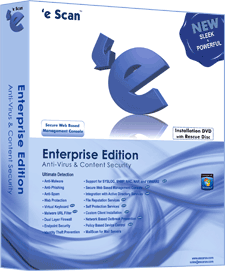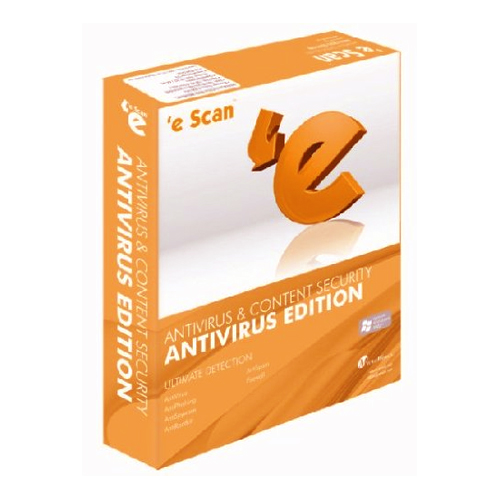
If the user does not register the product’s authors within a specific amount of time, the malware will then lock the screen with a message requiring the user to call the author’s helpline in order to regain access to their own computer.
#ESCAN ANTIVIRUS CUSTOMER CARE NUMBER CODE#
The screenshot below shows the code used to perform the calculation. Clearly, the report of “infected” files is falsified and is actually derived from the number of files present in various directories on the infected computer. The Secure Bit scanner continues to find infections as it runs, even on a freshly installed version ofWindows 7 that has no malicious code on it.

The phone number is also prominently displayed in the main program window.” In the message, the user is lured into calling a toll-free telephone number to resolve these issues. Once the program is installed, it displays a popup balloon on the screen every minute stating that it found malicious files on the system. This new hybrid scam program immediately reports a “PC Health Status” as “Poor” when run, regardless of what the real state of the computer is. It can be very hard to do anything with the computer once the screen is locked as different mechanisms are used to prevent the user from bypassing the lock screen. Lock screen malware “locks” the screen of a computer by preventing the user from seeing any window but the lock screen until a fee is paid.

Fake antivirus programs typically deceive users into paying money for fake or simulated removal of malware. Jean-Ian Boutin, ESET malware researcher wrote in his blog, “What makes this sample particularly interesting is that it bundles two types of scams used together in one program: a fake antivirus and a lock screen. This certificate belongs to Secure Bit Technologies, a company registered in New Delhi, India.

This fake antivirus program, detected by ESET as MSIL/LockScreen.EC, is signed with a valid code-signing certificate*. During the research, ESET has uncovered a registered company that seems to have highly-questionable marketing practices.
#ESCAN ANTIVIRUS CUSTOMER CARE NUMBER PC#
Tweet to leader in proactive protection against digital threats, has researched and examined a fake antivirus program which tries to convince users that their systems are compromised in an attempt to trick them into calling an online PC support helpline.


 0 kommentar(er)
0 kommentar(er)
